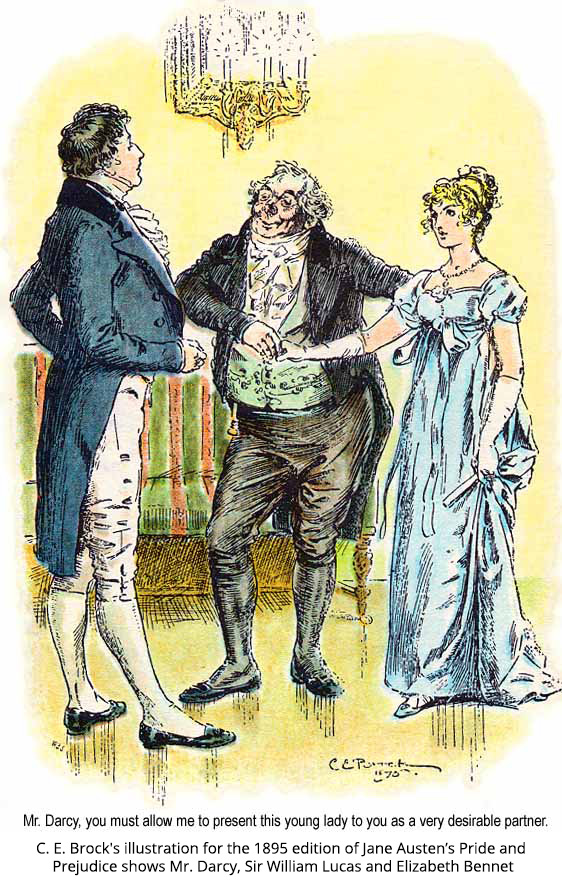Elizabeth Bennet Character Analysis

Elizabeth is the protagonist of the novel and the second daughter of Mr. and Mrs. Bennet. She is the most intelligent of the five Bennet sisters and her father’s favorite. “Lizzy has something more of quickness than her sisters,” according to Mr. Bennet.
Well-read and witty and strong-minded, Elizabeth is a strong, independent and modern woman who refuses to marry without love. She rejects Mr. Collins’s infamous proposal of marriage, even though it would be to her financial advantage – because she does not love him.
When it comes to marriage, Elizabeth is a liberal feminist who believes that a happy and strong marriage must be built on affection, friendship, mutual respect and equality.
Feisty and not afraid to speak her mind, Elizabeth has a sharp tongue. She doesn’t always think before she speaks. Her tendency to jump to hasty conclusions leads her to make prejudicial judgments about some people – like Mr. Darcy.
However, Elizabeth sheds these prejudices after her journey to self-knowledge and self-discovery. She realizes the essential goodness of Darcy and learns important lessons about herself. The hatred of the man she at first misjudges turns to love.
Key Elizabeth Bennet quotes with analysis that help us understand one of English literature’s best-known female characters:
“I could easily forgive his pride, if he had not mortified mine.”
“Do not consider me now as an elegant female, intending to play you, but as a rational creature, speaking the truth from her heart.”
Few people I really love
“There are few people whom I really love, and still fewer of whom I think well. The more I see of the world, the more am I dissatisfied with it; and every day confirms my belief of the inconsistency of all human characters, and of the little dependence that can be placed on the appearance of merit or sense.”
“Adieu to disappointment and spleen. What are young men to rocks and mountains?”
“There is a stubbornness about me that never can bear to be frightened at the will of others. My courage always rises at every attempt to intimidate me.”
“You are mistaken, Mr. Darcy, if you suppose that the mode of your declaration affected me in any other way, than as it spared me the concern which I might have felt in refusing you, had you behaved in a more gentlemanlike manner.”
“Till this moment I never knew myself.”
“He is a gentleman; I am a gentleman’s daughter; so far we are equal.”
